Critic's choice: The year's best novels
Featuring works by Yaa Gyasi, James McBride, and more
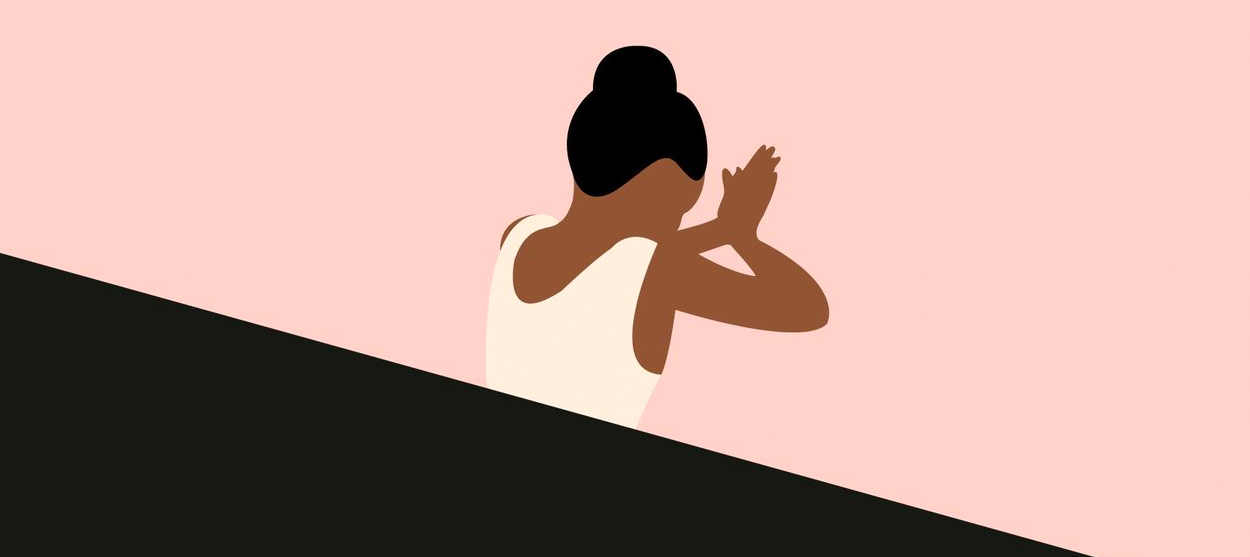
A free daily email with the biggest news stories of the day – and the best features from TheWeek.com
You are now subscribed
Your newsletter sign-up was successful
1. Homeland Elegiesby Ayad Akhtar (Little, Brown, $28)
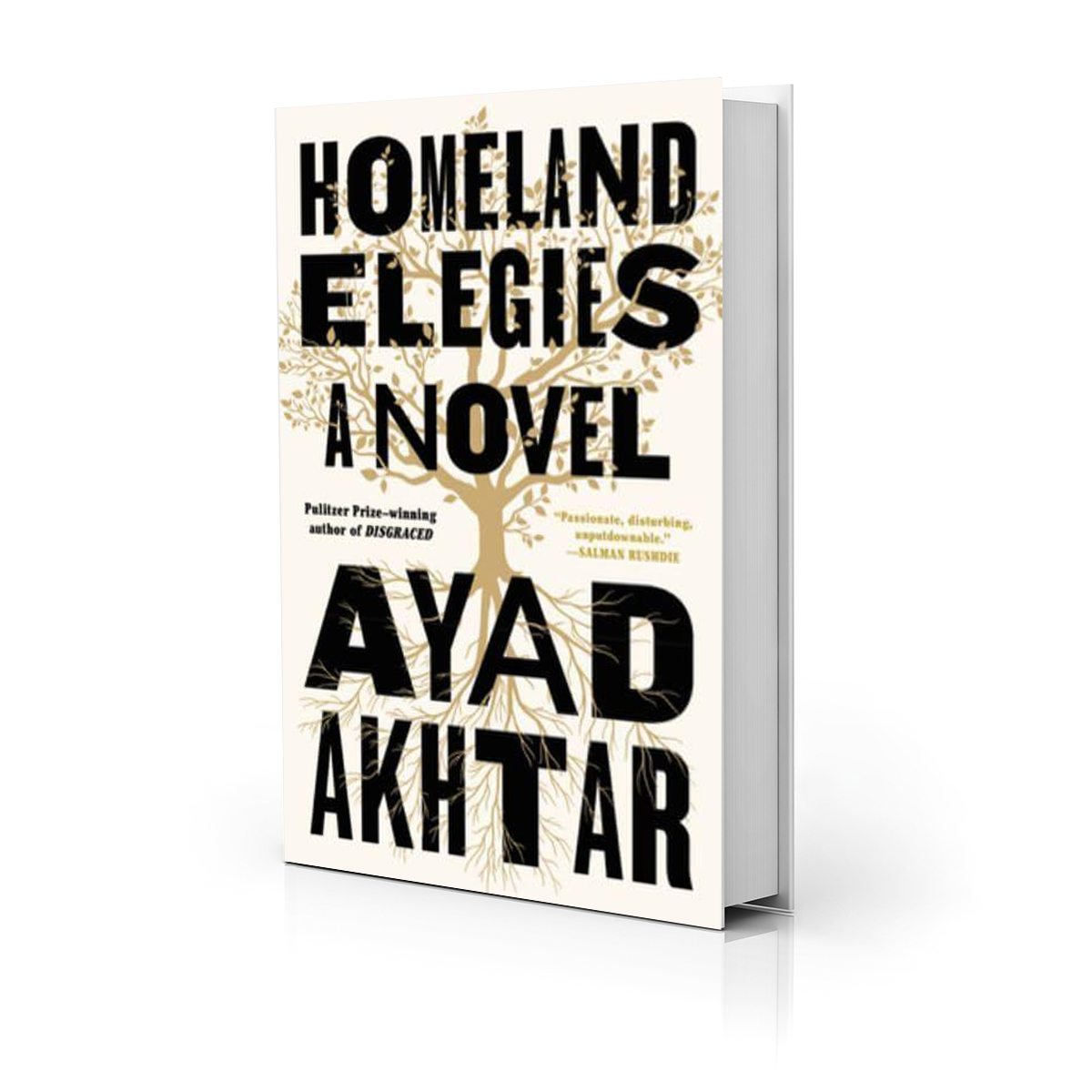
"Every so often we are gifted a novel that combines deep intelligence, meticulous prose, and something profound to say about the state of our world," said Lucas Wittmann at Time. In Ayad Akhtar's masterful work of autobiographical fiction, a protagonist who shares the author's name and career as a celebrated American playwright confronts the dilemma of trying to live in a post-9/11 America that questions his right to call it his home even though he has never known another. The parents of the novel's Akhtar are Pakistani immigrants, including a physician father who once treated Donald Trump for a heart problem. As the family struggles to define itself, "the complexities of the American Dream have never been so naked." A Great Gatsby figure eventually arrives who makes Akhtar rich, said Dwight Garner at The New York Times. He also becomes Akhtar's sparring partner in debates about predatory capitalism and Muslim values as Homeland Elegies evolves into "a very American novel," packed with ideas though prone to drift. Ultimately, "it's a lover's quarrel with this country, and at its best it has candor and seriousness to burn."
2. Transcendent Kingdom by Yaa Gyasi (Knopf, $28)
The Week
Escape your echo chamber. Get the facts behind the news, plus analysis from multiple perspectives.

Sign up for The Week's Free Newsletters
From our morning news briefing to a weekly Good News Newsletter, get the best of The Week delivered directly to your inbox.
From our morning news briefing to a weekly Good News Newsletter, get the best of The Week delivered directly to your inbox.
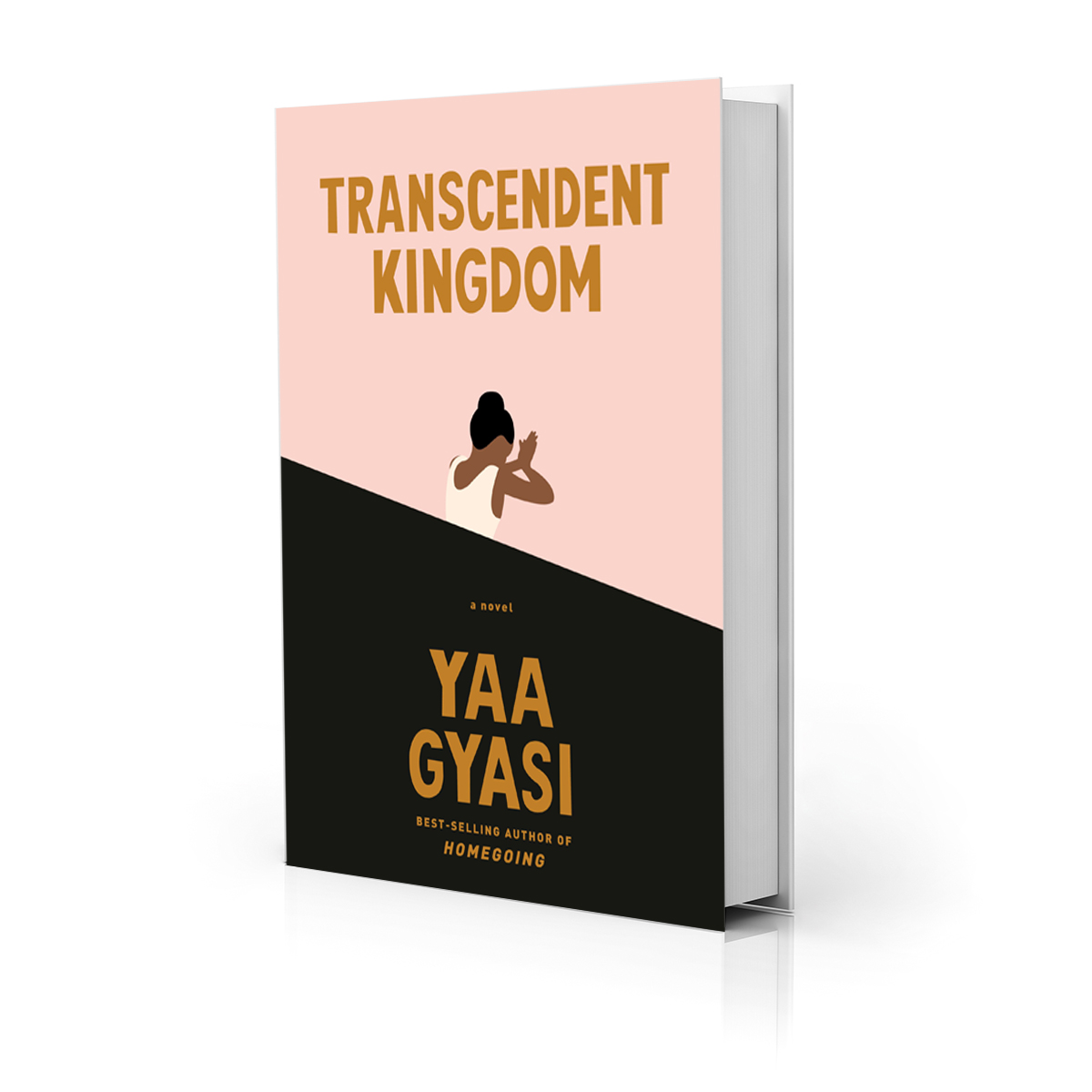
Anyone who remains skeptical about Yaa Gyasi's talent "can stand down now," said Ron Charles at The Washington Post. Four years after Homegoing, a debut that won a $1 million advance and multiple awards, the Ghanaian-American writer has produced "a book of blazing brilliance" that, with its penetrating reflections on science and spirituality, "recalls the works of Richard Powers and Marilynne Robinson." Gifty, a Ghanaian-American Ph.D. student at Stanford, has been consumed by her work studying addictive behavior in mice, but when her mother falls into depression again, Gifty takes her in and opens herself up to painful family memories that trigger doubts about her current scientific vocation akin to the doubts that once tore down the Pentecostal Christian faith. Transcendent Kingdom proves most rewarding, said Lovia Gyarkye at The Nation, when it examines the relationship between mother and daughter. "Above all else, the novel attempts to capture what often proves as ineffable as faith: How do we find a path toward forgiveness and compassion?"
3. Hamnet by Maggie O'Farrell (Knopf, $27)
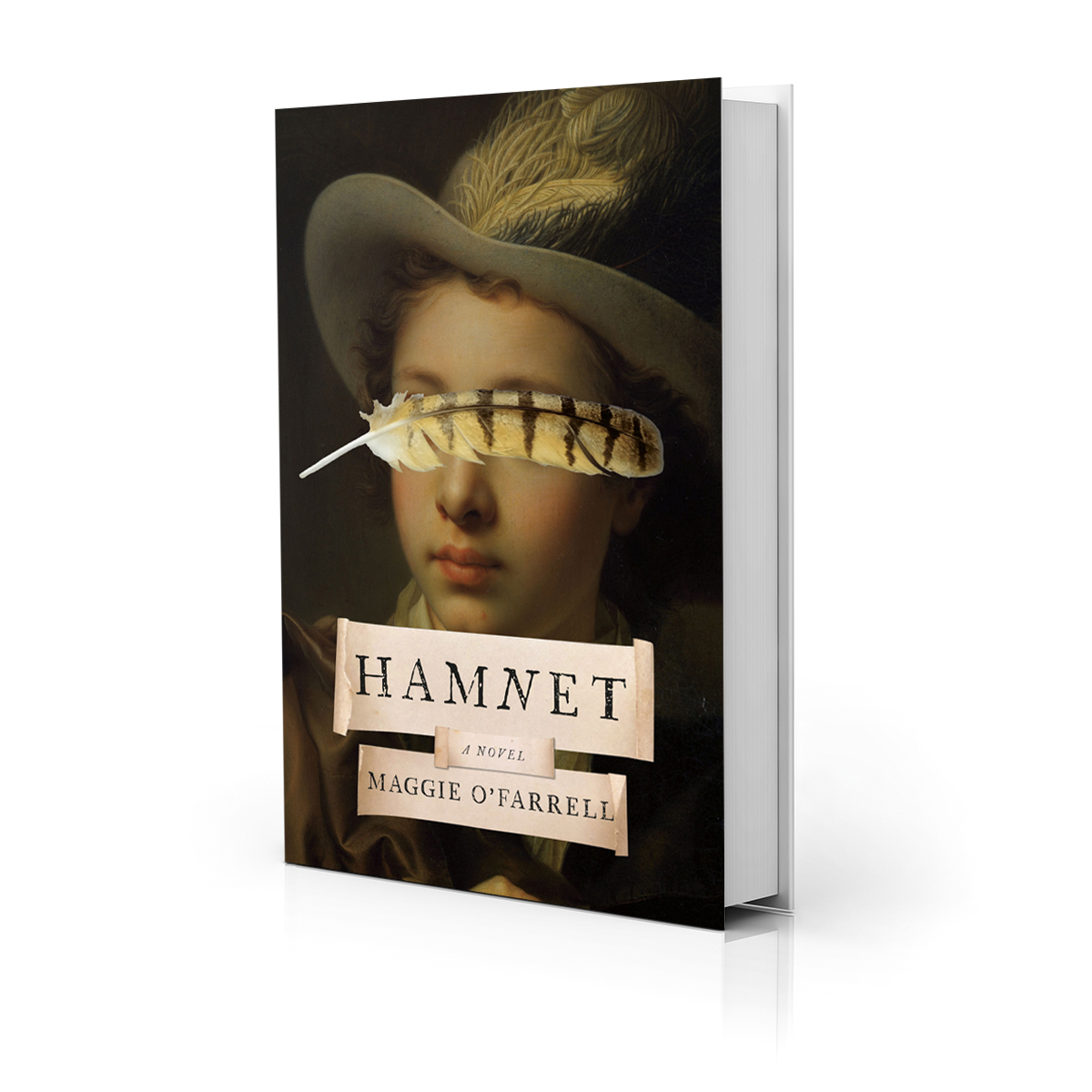
"Who knew the story of the death of Shakespeare's son could hum with such vitality?" said David Canfield at Entertainment Weekly. Novelist Maggie O'Farrell, knowing that William Shakespeare wrote Hamlet a few years after his 11-year-old son died — probably of bubonic plague — used that scrap of the historical record to imagine her way into the courtship, marriage, and eventual parental grief that might have surrounded the personal tragedy. O'Farrell focuses on Shakespeare's wife and "brilliantly conjures her as a free spirit, a woman with a gift for healing," said Rebecca Abrams at the Financial Times. Agnes, as she is named here, is often left alone in Stratford while her playwright husband works in London, and the two are apart again as they cope with their devastating loss. You will read Hamlet differently after Hamnet. "In the light of this novel, I saw with new clarity the contours of the playwright's grief, his unpacked heart."
4. Deacon King Kong by James McBride (Riverhead, $28)
A free daily email with the biggest news stories of the day – and the best features from TheWeek.com
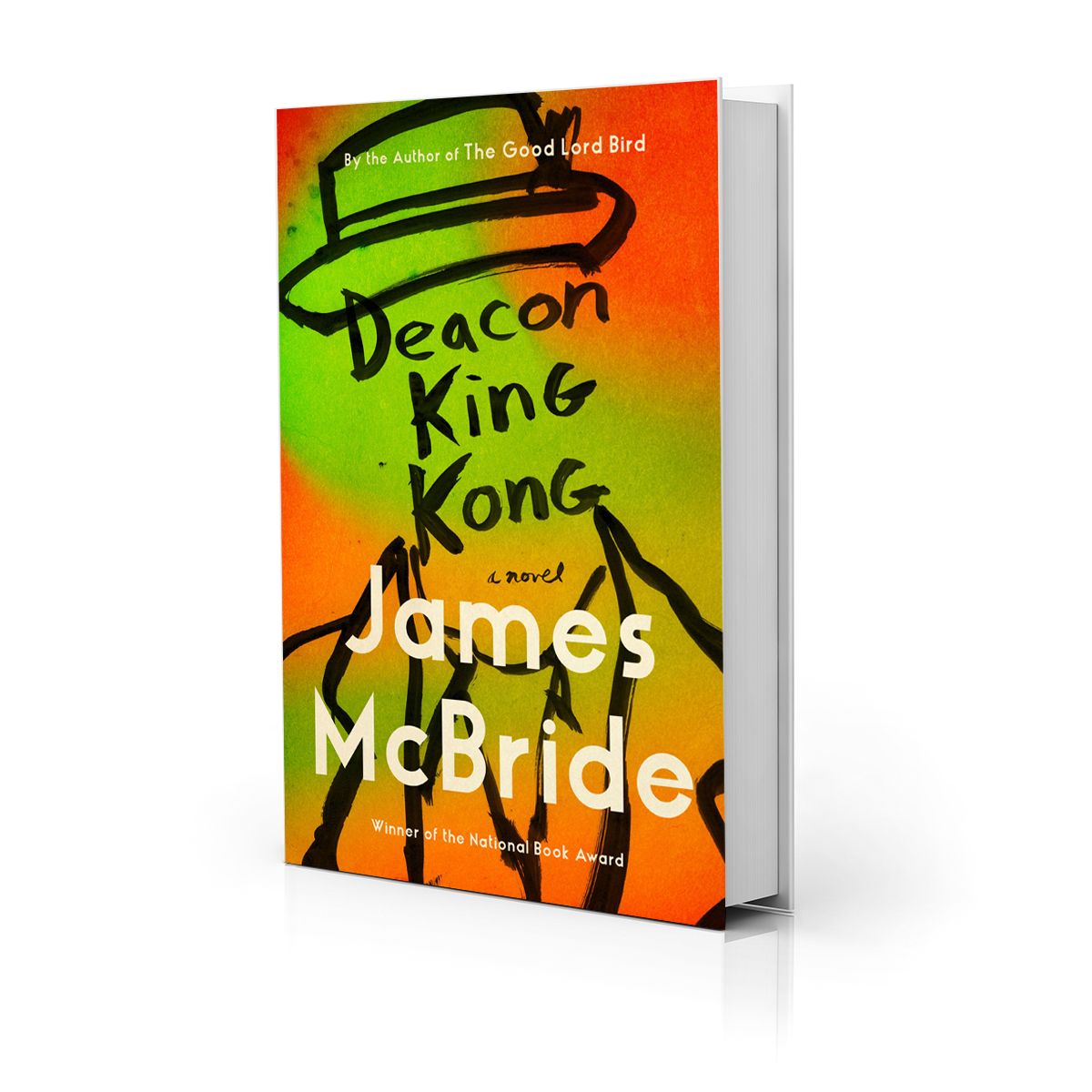
"You can think of Dickens, Thackeray, even the citified slapstick of Gogol and Balzac when discerning Deacon King Kong's literary ancestry," said Gene Seymour at Bookforum. Set in 1969 in a Brooklyn public housing project, James McBride's "bountiful and compassionate comedy of errors" opens with a soused 71-year-old preacher walking up to a 19-year-old drug dealer in broad daylight and shooting the young man's ear off. The clergyman, known locally as Sportcoat, can't even remember the incident, and the question of whether he'll meet a violent end is only one of many story strands in a novel so deeply populated that even the red ants that infest the complex get a turn as narrator. "If the accumulation of characters occasionally becomes exhausting, McBride rewards readers at the end with surprising revelations," said Jackie Thomas-Kennedy at the Minneapolis Star Tribune. Poverty and neglect shape daily existence for everyone who lives at the "Cause Houses," but the reader's final memory will be of a church regular riding the Staten Island Ferry on a summer day, and "the image is imbued with hope."
5. The Vanishing Half by Brit Bennett (Riverhead, $27)
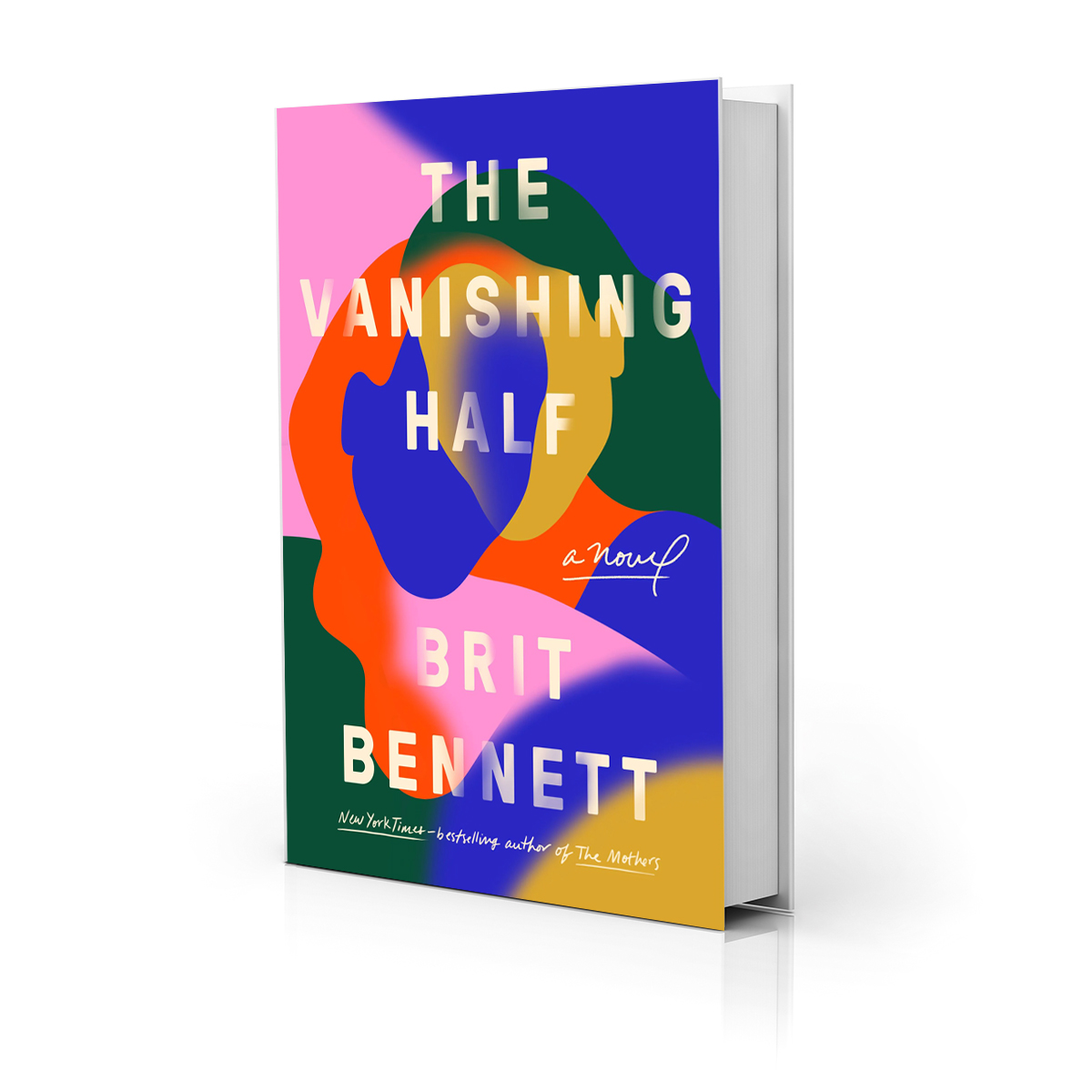
"Few novels manage to remain interesting from start to finish, even — maybe especially — the brilliant ones," said Bethanne Patrick at the Los Angeles Times. But Brit Bennett's runaway hit "locks readers in and never lets them go." Twin sisters of mixed race part ways as teenagers in the 1950s, with one passing as white and the other eventually returning to the family's small Louisiana hometown, where the mostly biracial townsfolk have prized pale skin for generations. Stella and Desiree both give birth to daughters themselves — one who becomes a blond would-be actress and the other a dark-skinned student-athlete who eventually crosses her cousin's path in Los Angeles. Even so, said Aaron Coats at the Chicago Review of Books, "the core of the story" remains the fate of Stella and Desiree. Though the sisters are unalike in personality, neither can escape the ghosts of her past. "The journey to that realization is not for the faint of heart, nor is it to be missed by anyone whose heart beats for a story about being honest with yourself."
How the books were chosen
Our top-5 lists were created by tallying and weighting end-of-year recommendations published by more than 20 other print and online sources, including the Chicago Tribune, CSMonitor.com, The Economist, Entertainment Weekly, the Los Angeles Times, the Milwaukee Journal Sentinel, New York magazine, The New York Times, O magazine, People, Publishers Weekly, the St. Louis Post-Dispatch, Slate.com, the Minneapolis Star Tribune, Time, USA Today, Vanity Fair, The Wall Street Journal, and The Washington Post.
This article was first published in the latest issue of The Week magazine. If you want to read more like it, you can try six risk-free issues of the magazine here.
-
 Hyatt chair joins growing list of Epstein files losers
Hyatt chair joins growing list of Epstein files losersSpeed Read Thomas Pritzker stepped down as executive chair of the Hyatt Hotels Corporation over his ties with Jeffrey Epstein and Ghislaine Maxwell
-
 Political cartoons for February 17
Political cartoons for February 17Cartoons Tuesday’s political cartoons include a refreshing spritz of Pam, winter events, and more
-
 Alexei Navalny and Russia’s history of poisonings
Alexei Navalny and Russia’s history of poisoningsThe Explainer ‘Precise’ and ‘deniable’, the Kremlin’s use of poison to silence critics has become a ’geopolitical signature flourish’